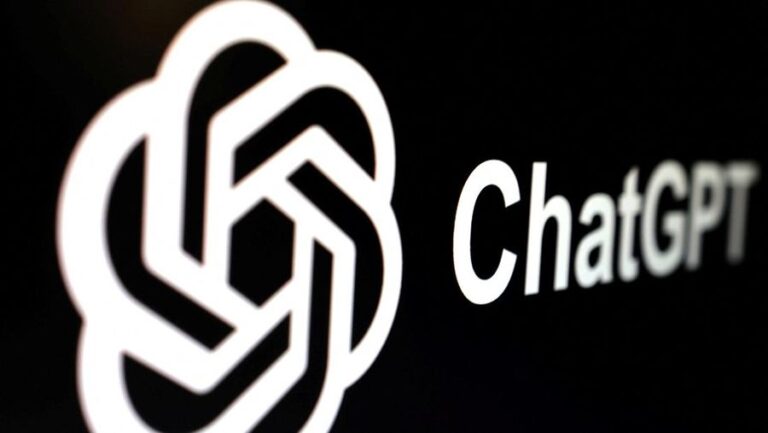The Justice Department is stepping forward to defend its inclusion of diversity, equity, and inclusion (DEI) guidelines in the selection of an independent monitor for Boeing Co., sparking a legal showdown with U.S. District Judge Reed O’Connor. The judge’s focus on DEI criteria has introduced an unexpected twist in the approval process for Boeing’s plea deal, a key element in the company’s efforts to resolve criminal charges related to fatal 737 MAX aircraft crashes.
In Texas federal court, where Judge O’Connor presides, this dispute over the DOJ’s DEI language threatens to delay the plea agreement’s finalization, potentially hindering Boeing’s plans to restore its reputation and stabilize its operations. Judge O’Connor has ordered the DOJ to provide a written defense by Friday, explaining the necessity and appropriateness of DEI policies in selecting a corporate monitor for Boeing. For the DOJ, defending the inclusion of DEI considerations is a priority, as the policy has been part of its standard practice since at least 2018 under the Trump administration. Yet, Judge O’Connor’s recent challenge has magnified the role of DEI guidelines in this high-profile agreement, raising the possibility of a drawn-out legal battle.
At stake is Boeing’s desire to resolve its criminal liabilities and move past the legal challenges stemming from the 737 MAX incidents, which tragically claimed 346 lives. As part of the plea deal, Boeing agreed to a three-year probationary period, during which an independent monitor would oversee the company’s compliance and safety improvements. Boeing officials are eager to see the agreement through and return their focus to operational recovery and reputational repair, two critical steps for the company to regain public and regulatory confidence.
However, Judge O’Connor’s scrutiny over DEI policies could stall this timeline. In a hearing held on October 11, Judge O’Connor probed the DOJ’s reliance on DEI considerations, seeking clarity on the specific meaning of “diversity” in the context of the monitor selection process. When DOJ prosecutor Sean Tonolli attempted to explain that DEI criteria are aimed at ensuring inclusive representation without compromising on merit, Judge O’Connor pressed him further. The judge’s pointed questions—whether the DOJ had ever systematically excluded candidates based on race or gender—highlighted his concern that DEI guidelines could be inherently biased.
For Judge O’Connor, a George W. Bush appointee, challenging federal policies with perceived ideological underpinnings is not new. In past cases, he has opposed key components of Democratic administration policies, including the Affordable Care Act’s individual mandate and guidelines for transgender student rights. This background has led some to view his DEI scrutiny in the Boeing case as a continuation of his critical stance on policies perceived as progressive or inclusive in nature.
The delay presents challenges for Boeing, which had hoped the plea deal would allow the company to focus on enacting safety reforms and restoring public confidence without further court intervention. The company’s silence on the matter, declining to comment, contrasts with its public statements supporting compliance and safety improvements. Now, Boeing officials face the possibility that a prolonged legal dispute over DEI policies could shift the terms of the agreement or even delay its approval, stretching the probationary process beyond the company’s control.
For the DOJ, this case has broader implications as well. The outcome could influence future interpretations of DEI policies in federal oversight contexts, impacting how such policies are applied to corporate accountability measures. The stakes are especially high in this case, given Boeing’s high-profile role in the aviation industry and the public scrutiny over its past safety failures. The DOJ’s defense of its DEI guidelines serves as a crucial statement on the values embedded in federal oversight and corporate governance structures. As the deadline approaches, the courtroom stands at the intersection of corporate accountability, judicial interpretation, and the evolving landscape of DEI in American policy—a point where each decision may set precedent, with far-reaching implications for both Boeing and the federal approach to diversity initiatives.









